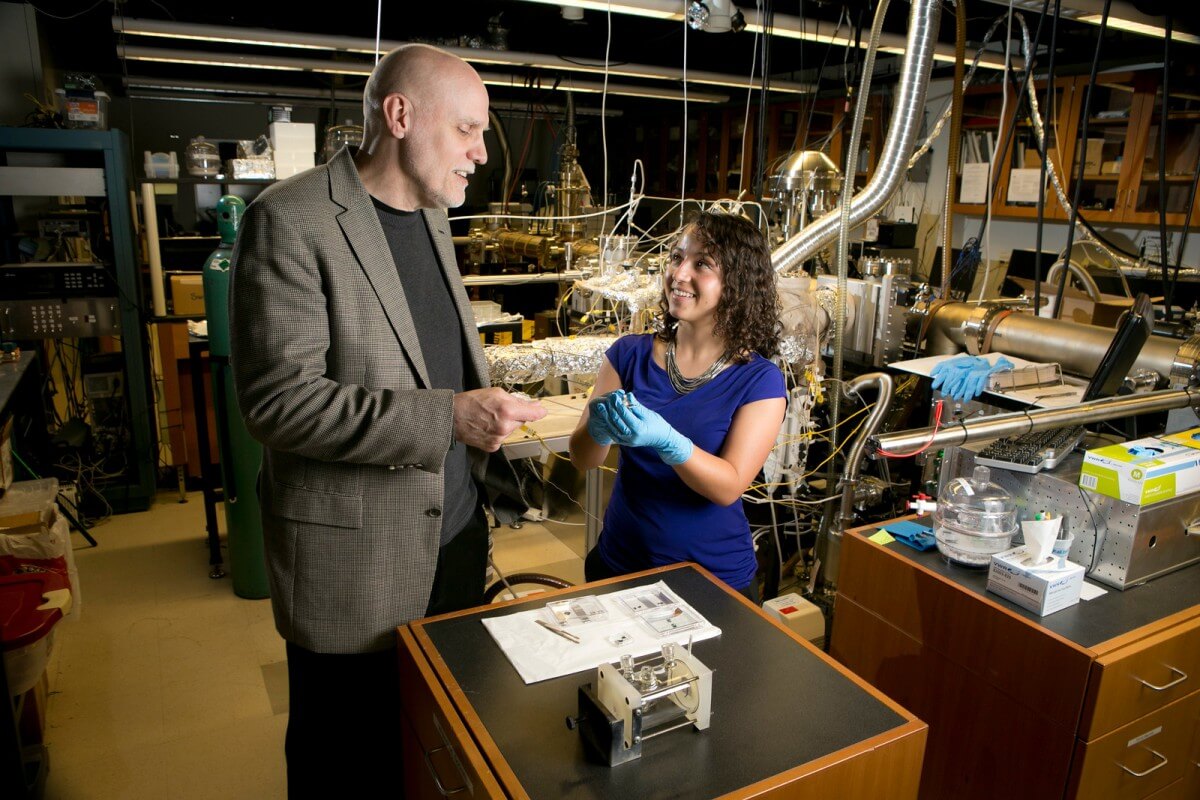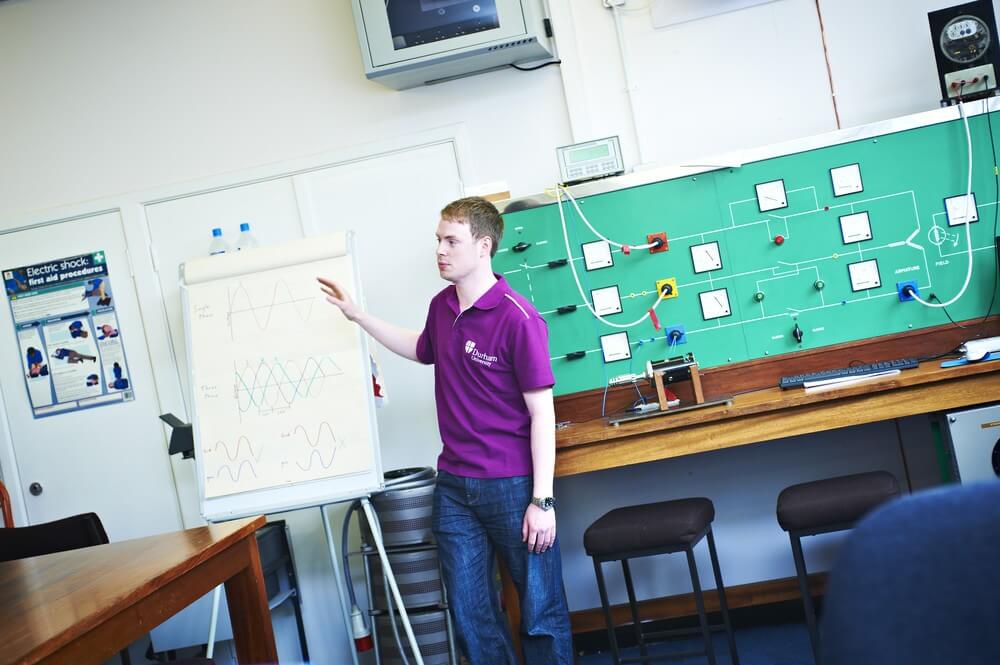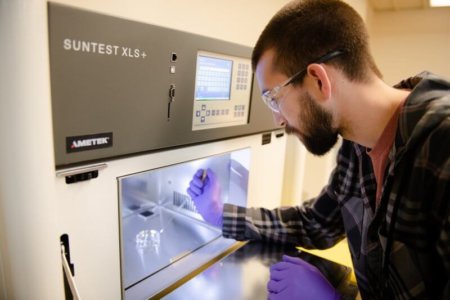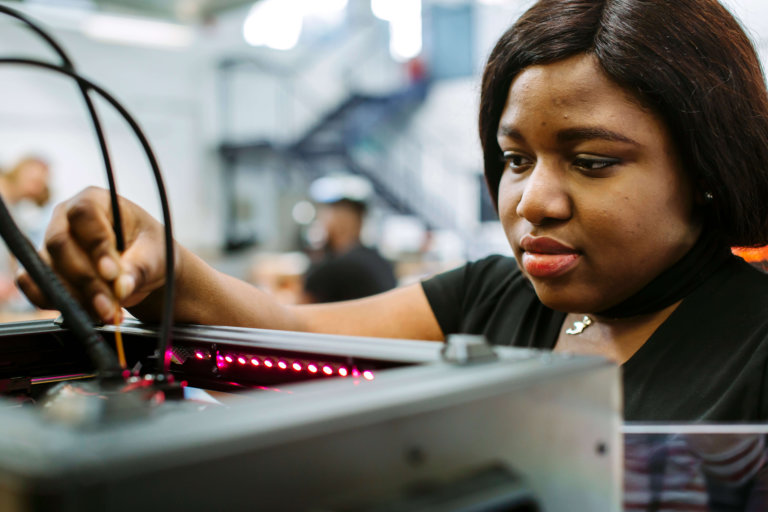
Machines power virtually every aspect of contemporary life, from mobile phones and ventilators, to aircrafts and power plants. Mechanical engineering accounts for 9.5% of all the production in EU manufacturing industries. It encompasses key elements of aerospace, electrical, civil, chemical and even materials science and bio-engineering.
Today, professionals in this field are no longer confined to the traditional industries of aerospace, automotive, and manufacturing. They are also employed extensively in important emerging areas, such as nuclear technology, robotics, biomedical technology and energy systems. Unlike other degree programmes, mechanical engineering covers a wide-ranging syllabus, allowing you to learn a variety of skills that are relevant to many career paths.
If you like using science to solve real-world problems and have a flair for design and creative thinking, mechanical engineering is for you. Here are four UK universities that offer mechanical engineering programmes preparing you for the future of tech.
University of Portsmouth: School of Mechanical and Design Engineering
Mechanical engineers create the technologies that improve our world. They are experts in the design, manufacture, evaluation, and operation of engines, machines and technical solutions.

If you like using science to solve real-world problems and have a flair for design and creative thinking, mechanical engineering is for you. Source: University of Portsmouth
Add the words “ambitious,” “innovative,” “impactful” and it’s hard to find a more fitting description of the University of Portsmouth’s School of Mechanical and Design Engineering graduates. According to the HESA Graduate Outcomes Survey conducted in 2019, 92% of the university’s previous students are either in work or furthering their studies 15 months after graduation.
Students are at the heart of everything the university does and research is at the centre of the School of Mechanical and Design Engineering. Here, students have opportunities to work on industrial and research projects. Access to strategic collaborations with industry and industry standard facilities are available too, such as Zeiss Global Centre (ZGC); Advanced Polymers And Composites Research Group (APC); Material Design and Characterisation Research Group; Systems Engineering Research Group; and Biomedical Engineering Research Group.
When the school’s experienced and supportive lecturers are not producing innovative, results-driven research to improve technology, they’re running undergraduate and postgraduate courses in mechanical engineering, manufacturing, product design, and innovation engineering. The programmes are accredited by professional bodies, ensuring graduates a smooth path to become Chartered or Incorporated Engineers.
“Studying for a degree here has opened up so many different options for me that simply weren’t there a year ago,” says Dominic Reynolds, BEng (Hons) Mechanical Engineering graduate.
The setting for all of this? The great waterfront city of Portsmouth, home to world-renowned attractions ranging from historic ships to award-winning museums and iconic towers. To learn more about how the school is helping solve societal problems through creative and practical engineering solutions, combined with technical academic knowledge, click here
Lappeenranta UoT
Founded in 1969, Lappeenranta UoT is home to an international community of 6,500 students and experts engaged in scientific research and academic education. The university constantly seeks new sustainable solutions with its expertise in technology and business.
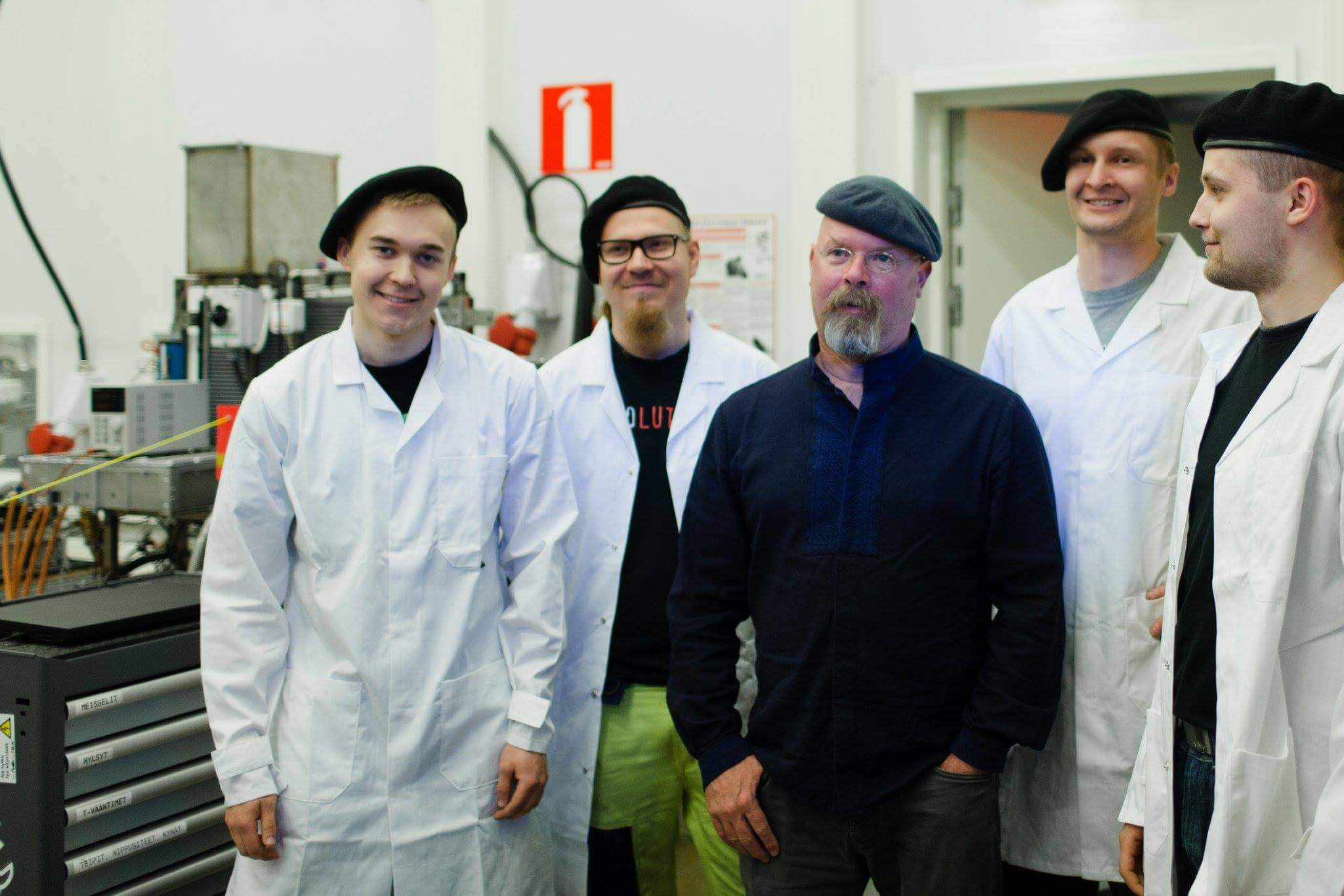
Students here have the chance to work with industry leaders from a diverse range of backgrounds. Source: Lappeenranta UoT Facebook
LUT’s Master’s Programme in Mechanical Engineering offers specialisation packages, such as digital engineering, industrial design, hybrid materials and additive manufacturing.
Here, students get to build their own study plan from specialisations including: digital engineering; robotics and mechatronics; laser processing and additive manufacturing; welding production and metallurgy; steel structures; composites and hybrid materials; industrial design engineering; and sustainable manufacturing processes.
They have the chance to work with industry leaders from a diverse range of backgrounds, giving them exposure to a broad spectrum of engineering practices. From experienced engineering researchers to medical doctors, students work alongside these experts to solve problems related to energy, aerospace and manufacturing, or create medical simulations, devices and more.
Graduates leave with strong professional know-how in mechanical engineering and good leadership and management skills for industrial positions. They understand the applications of mechanical engineering in different specialisation areas and know how to combine them to form multidisciplinary knowledge, skills and competences.
Politecnico di Milano
Driven to succeed, Politecnico di Milano is a scientific-technological university for future engineers, architects and industrial designers. It is ranked first in Italy in 10 research areas, including Mechanical, Aeronautical & Manufacturing Engineering.

At Politecnico di Milano, there is an educational path fit for anyone no matter where their passions lie. Source: Politecnico di Milano Facebook
Through experimental research and technological transfer, students here evolve into confident and intelligent engineers. With a variety of undergraduate and postgraduate programmes available, there is an educational path perfect for anyone no matter where their passions lie.
Mechanical engineers are at the forefront of sustainable solutions for a better world in the 21st century. Students who aspire to work in this field can look into the university’s Master’s in Mechanical Engineering programme. This two-year programme covers modules such as Control and Actuating Devices for Mechanical Systems; Applied Metallurgy, Energy Systems; Non-conventional Machining Processes; Machine Design; System Dynamics; and Configuration and Management of Production Systems.
This programme develops the technical, personal, interpersonal and professional skills necessary in mechanical engineering. This enables students to work in sectors such as robot design as well as the development of autonomous cars, robotics, automation, mechatronics, automotive, aerospace and renewable energies. Along with supportive academic advisors, student mentors and engineering societies, mechanical engineering students here enjoy a fulfilling student experience. They leave as career-ready graduates.
University of Groningen
The University of Groningen is focused on teaching students how to become capable and independent professionals. Here, 36,024 students representing around 130 nationalities are taught how to think innovatively and apply their knowledge in a broader context across multiple industries.

Students are taught how to think innovatively and apply their knowledge in a broader context across multiple industries. Source: University of Groningen
Groningen’s Faculty of Science and Engineering offers an MSc in Mechanical Engineering that caters to the needs of our digital society today. The goal is to train and prepare students to apply principles of engineering, science and mathematics in the modelling, analysis, design and realization of physical systems, components and processes; special focus is on advanced instrumentation, smart factories, process design for energy systems and materials for mechanical engineering.
Every module requires students to tackle real-life problems and find innovative solutions by working in groups, which prepares students for the working world as well as helping them discover which team role best suits them.
Nano- and microfabrication technology, 3D metal printer, smart micro sensor, actuator systems, and smart energy systems are some of the research projects conducted by the faculty. Studies here combine modern mechanical engineering with the techniques and systems required for the production, transfer and use of energy and management of environmental impacts.
Graduates with a degree in mechanical engineering from this university become independent engineers with the capabilities to develop the functional, construction and energy-related aspects of innovative products, processes and systems in industry and in the advanced tertiary sector.
*Some of the institutions featured in this article are commercial partners of Study International








